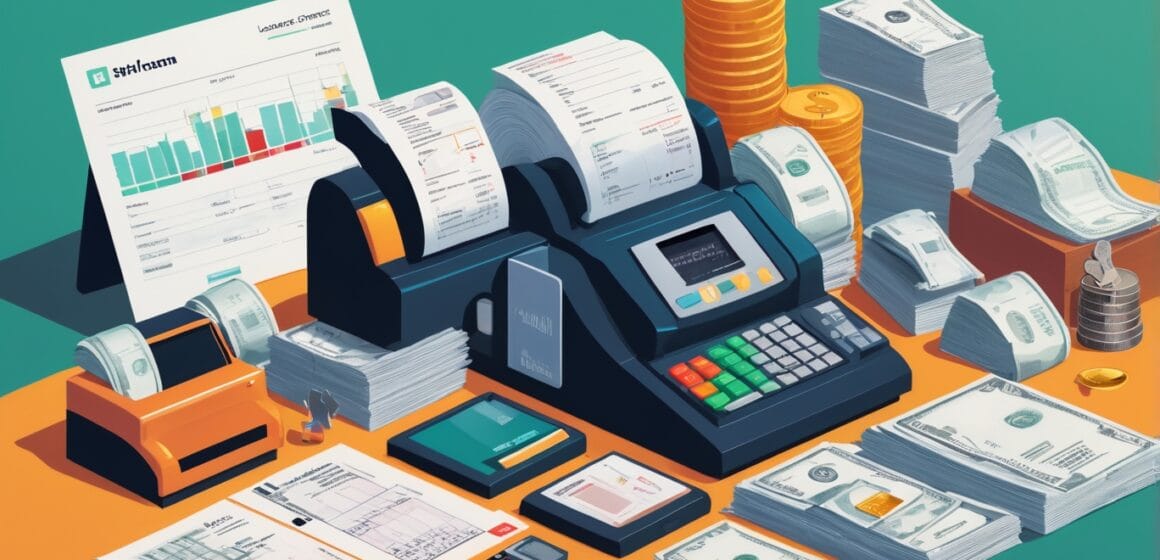For many businesses, securing a loan is a necessary step toward growth and expansion.
With a range of business loan options available, it’s essential to understand the differences
to choose the right financing for your business needs. Here’s a breakdown of the main types
of business loans and how they can support your company’s growth.
1.Term Loans
Term loans are among the most common types of business loans, typically offered by banks
and financial institutions. These loans provide a lump sum of cash upfront, which is repaid
over a set period with interest. Term loans are flexible, used for various purposes such as
purchasing equipment, expanding facilities, or increasing working capital.
Best for: Long-term investments, large purchases, or expansion efforts.
2.SBA Loans
Small Business Administration (SBA) loans are government-backed loans specifically
designed for small businesses. SBA loans often come with lower interest rates and favorable
repayment terms, making them an attractive option for many small businesses. The most
popular SBA loan is the 7(a) loan, which can be used for various purposes, from purchasing
inventory to refinancing debt.
Best for: Small businesses needing affordable, flexible financing with longer repayment
terms.
3.Business Line of Credit
A business line of credit works similarly to a credit card. Instead of receiving a lump sum,
businesses can access funds as needed up to a certain limit, and only pay interest on the
amount borrowed. This option is especially useful for managing cash flow, covering
short-term expenses, or handling unexpected costs.
Best for: Short-term needs, cash flow management, and businesses with fluctuating
expenses.
4.Equipment Financing
Equipment financing allows businesses to purchase equipment (like machinery, vehicles,
or technology) by borrowing funds specifically for that purpose. The purchased equipment
itself often serves as collateral, making it easier to secure the loan. Equipment loans can be
structured as either a lease or a term loan, depending on business needs.
Best for: Businesses in need of specialized equipment to improve operations or expand
capabilities.
5.Invoice Financing
Invoice financing allows businesses to borrow against outstanding invoices, using unpaid
invoices as collateral. This type of loan is ideal for companies experiencing cash flow
challenges due to slow-paying clients. Invoice financing provides fast access to capital,
which is repaid as customers settle their invoices.
Best for: Businesses with unpaid invoices that need quick cash flow relief.
6.Merchant Cash Advances (MCAs)
With a merchant cash advance (MCA), a business receives a lump sum upfront, which is
repaid through a percentage of daily sales or revenues. MCAs are popular with businesses
that have high credit card sales, like retail stores or restaurants. However, MCAs typically
come with higher fees, so they should be considered carefully.
Best for: Businesses with consistent sales volume, especially those needing fast cash but
not concerned about higher costs
Choosing the Right Loan for Your Business
Selecting the right loan type depends on your business’s specific needs, cash flow, and
financial health. While term loans and SBA loans are ideal for long-term investments, options
like invoice financing and lines of credit provide quick, flexible access to cash for short-term
needs. Understanding these choices will empower you to make informed financing decisions
that best support your business’s growth and stability.




Leave a Reply